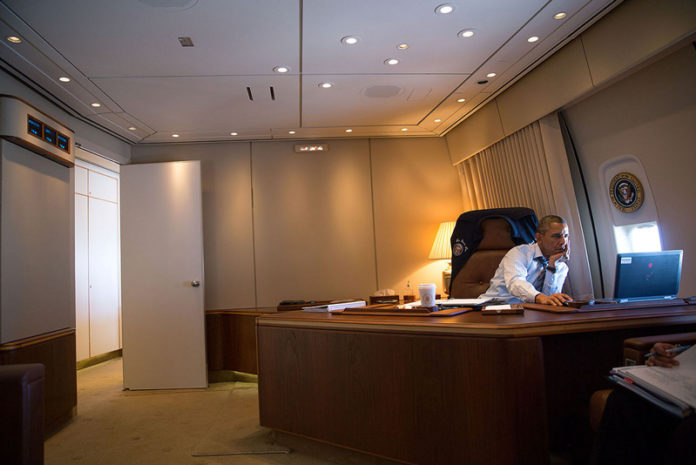In an escalating war of words between the White House and Republican leaders in Congress, the president’s advisors asserted Thursday that the Federal Communications Commission (FCC) already has the power to regulate the Internet as a utility and that Congress would play no role in net neutrality debate.
The issue comes down to executive overreach and the meaning of words being used by both sides in the struggle keeps the Internet free of government regulation.
One definition of net neutrality used by the White House would define the Internet as a utility with all the regulatory control that means including taxation, fees, easements and all of the other costs that consumers currently see on their phone and cable bills.
The other definition used by Congress would to be reflected in law.
The legislation now working its way through Congress would prevent the FCC from regulating the Internet as a utility while placing certain standards on internet service providers that proponents say will address White House concerns over fair access to the Internet especially in rural areas and poor inner-city consumers.
Senator John Thune (R-SD) and Representative Fred Upton, chairmen of the Commerce Committees in their respective chambers, are circulating legislation to reflect “net neutral” principles on broadband providers including bans on throttled connection speeds, blocking websites and the fees and taxes imagined in the president’s plan.
Republicans have asked for a delay in FCC action on the issue now planned for Feb. 26 but FCC Chairman Tom Wheeler has indicated no interest in such a change. In a statement released by FCC spokeswoman Kim Hart:
“Chairman Wheeler believes it is important to move forward as quickly as possible to protect consumers, innovation and competition online.”
This statement in odd in one respect.
During last year’s public comment period on proposed regulation of the Internet by the FCC, the public interest group American Commitment with Liberty News Now and Citizen Action generated more than 700,000 unique public comments opposing the FCC plan – the largest number of public comments ever sent to a regulatory agency over any other issue in history.
The question then is this. Which consumers is Chairman Wheeler trying to protect?






























